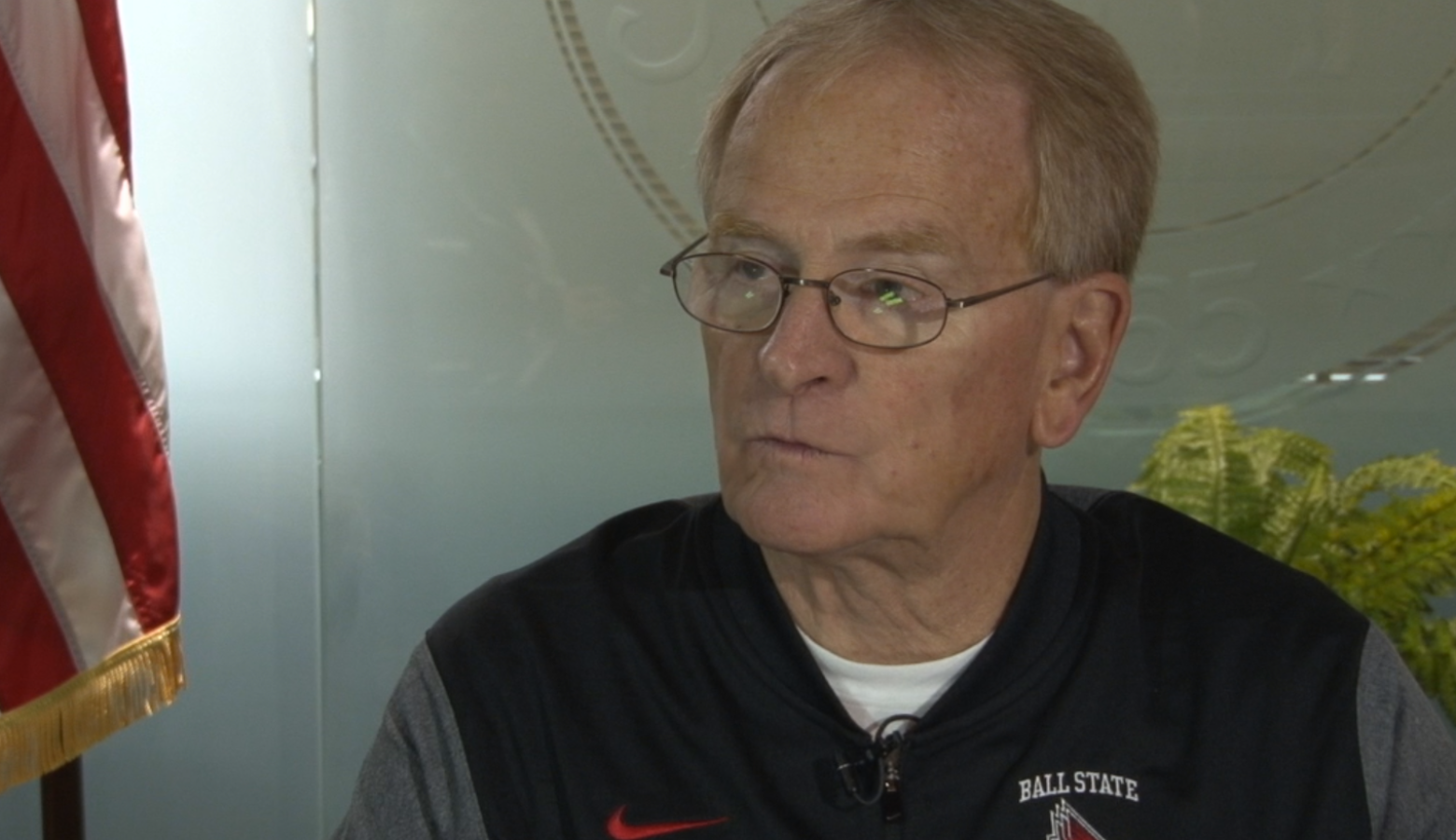Muncie Sues Opioid Distributors Over Drug Epidemic Costs

Muncie Mayor Dennis Tyler announced today that the city is suing opioid distributors in response to the state’s growing opioid crisis. But he says he’s not following in the footsteps of Indianapolis Mayor Joe Hogsett, who’s preparing a similar lawsuit this week. As IPR’s Tony Sandleben explains, Tyler may have set the precedent.
Eighty-two percent. Mayor Dennis Tyler said that’s how much of Muncie’s general budget has been devoted to public safety, primarily due to the city’s opioid crisis.
“It’s extremely devastating to communities that are trying to deal with these issues,” said Tyler.
Tyler said the lawsuit, which was originally filed two weeks before Indianapolis Mayor Joe Hogsett announced his, is aimed at getting reimbursed for the costs of emergency responses to opioid related emergencies.
According to studies presented to the mayor by attorneys, opioid abuse is now the leading cause of death among people younger than 50 in Indiana. Those studies also show Indiana is facing an economic burden from the opioid crisis that’s now approaching $78 billion.
The three largest opioid distributors in the country – Cardinal Health, Amerisores Bergen and Mckesson – have been named in the lawsuit.
Muncie Police Chief Joe Winkle says while the reimbursements would be nice, the goal of the lawsuit is much broader.
“Ultimately, you’re not looking for money,” he said. “Being reimbursed for your time and your expenditures would be great, but in reality, what you’re really looking for is to slow down the problem.”
Tyler hopes at the very least, this lawsuit will trigger new regulations in opioid distribution either internally at the companies or from the state government.
